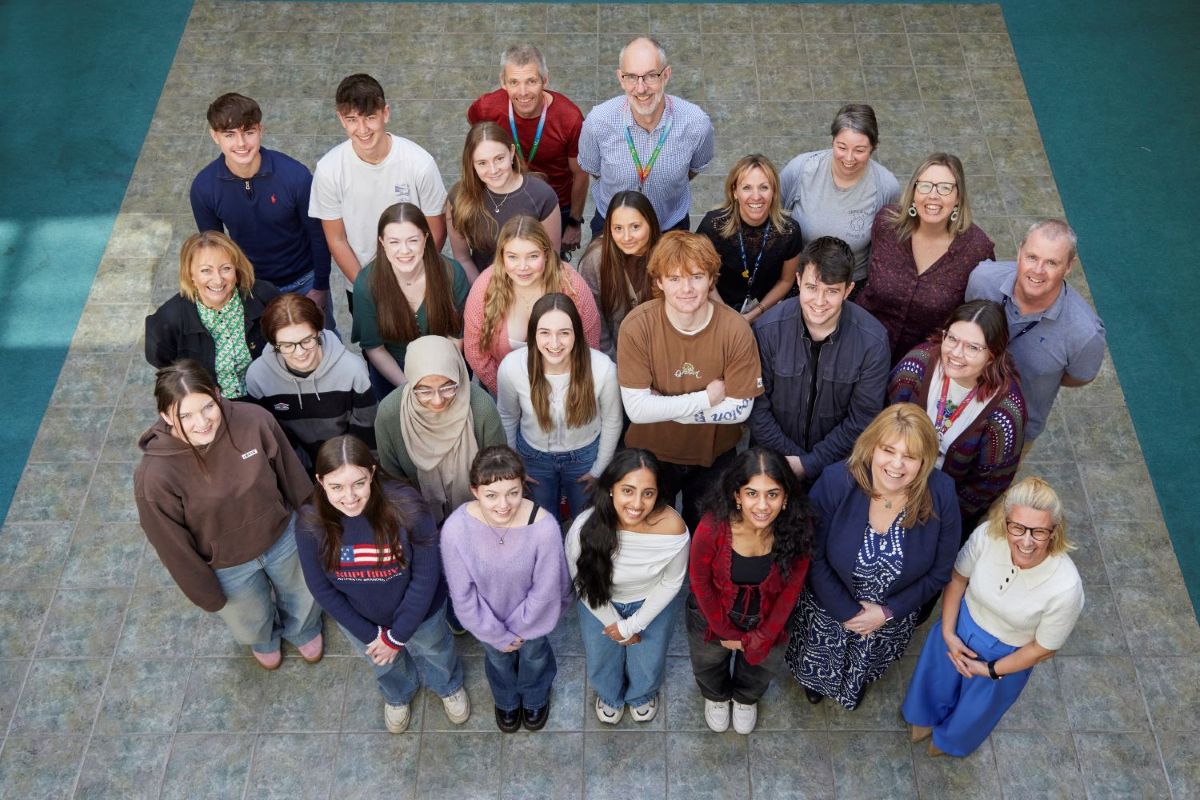University is not the only choice for school leavers

News of changes to the student loans system in the UK from 2023 comes at just the time when Year 12 students are beginning to plan their future path and may cause some to reassess choices that may previously have seemed obvious. Not only is there a requirement for students to achieve minimum standards in their GCSEs or A Levels to qualify for a loan, there is also the fact that student loan repayments will begin at a lower salary level and will continue for 40 years (as opposed to the current 30 years).
For many students, the prospect of looking at an alternative to university has morphed from a vague notion that there are other options out there to a concerted effort to find out more.
Of course, for some university is the only choice. Careers in medicine, law, architecture etc all require a university education and there are other students who simply love to learn in an academic environment and so will gain enormously from the whole university experience. But while some employers in careers which previously only required A-Level passes have come to expect a degree; the tide is beginning to turn as students question whether all degrees offer a good return on their investment of time and money.
Apprenticeships
We have found an increasing number of our Year 12 and 13 pupils at Royal Hospital School looking into apprenticeships as a chance to acquire a qualification while gaining practical experience and earning some money at the same time. This option is particularly useful to students intending to go into the more practical fields such as engineering, manufacturing, construction or the media. Interestingly, research by The Sutton Trust has shown that apprentices can expect to earn thousands more than graduates over the course of their working life.
At the end of an apprenticeship the student has gained a qualification along with the practical experience – post sixth form this tends to be Higher – Levels 4 – 7 (equivalent to a foundation degree or above) through to Degree – Levels 6 and 7 (equivalent to a Bachelor’s and Master’s degree respectively). However, it is also an option for 16-year-old students who prefer to move into a work environment where they can start at the Intermediate – Level 2 (equivalent to GCSE) and then move on to Advanced – level 3 (equivalent to A-Level).
We are seeing some amazing apprenticeships with companies such as Microsoft, Jaguar Land Rover, and other large corporations, all offering top quality training and a salary at the same time. These are aspirational pathways for our students and for the top end apprenticeships it is as difficult to achieve as getting into a top university.
Direct to work
While pupils are legally required to be in some form of learning environment up to age 18, for some the idea of entering the world of work offers a change from the years of studying. They are keen to have a break from academic study and find out what working is all about. This will mean starting on a low rung and working their way up the career ladder by learning on the job. This is not necessarily the end of formal education, they might decide that, having taken that break, they haven’t actually finished with their studies. They might choose to go to university as a mature student later on or maybe will find that their employer is sufficiently impressed with them that there is the opportunity to study part time, supported by their company.
Armed forces
As a school with a unique naval heritage we are perhaps more aware of the career opportunities offered by the armed forces, particularly as some of our students have family connections to the military. However, there are good reasons for considering this option. Not only do the forces answer the call in many to serve their country, but they also provide another route into a wide range of careers with on-the-job training. And the careers on offer are not necessarily what you would expect. Along with the more obvious combat and engineering roles, there are also opportunities in intelligence, communications & IT, medicine – which includes dental and veterinary roles – music and logistics.
As educators of young people, it is vital that we provide practical advice on careers paths and also offer the emotional support that is needed by our pupils when they make these life changing decisions. While we have many students choosing to head off to top tier universities, we also place equal status on the alternative options, celebrating the success of every individual pupil who succeeds in not only finding a place in an apprenticeship or in work, but also in finding the self-knowledge that enabled them to come to that decision in the first place.
Today more than ever it is imperative that we open up the world of work so that our students see the end goal, allowing them to step back and evaluate how different journeys can lead there and which is best suited to their temperament and learning style.
Chris Graham is Head of sixth form at the Royal Hospital School in Holbrook, Suffolk. He is a passionate believer in the need to support each and every student in their post-school choices.











Responses